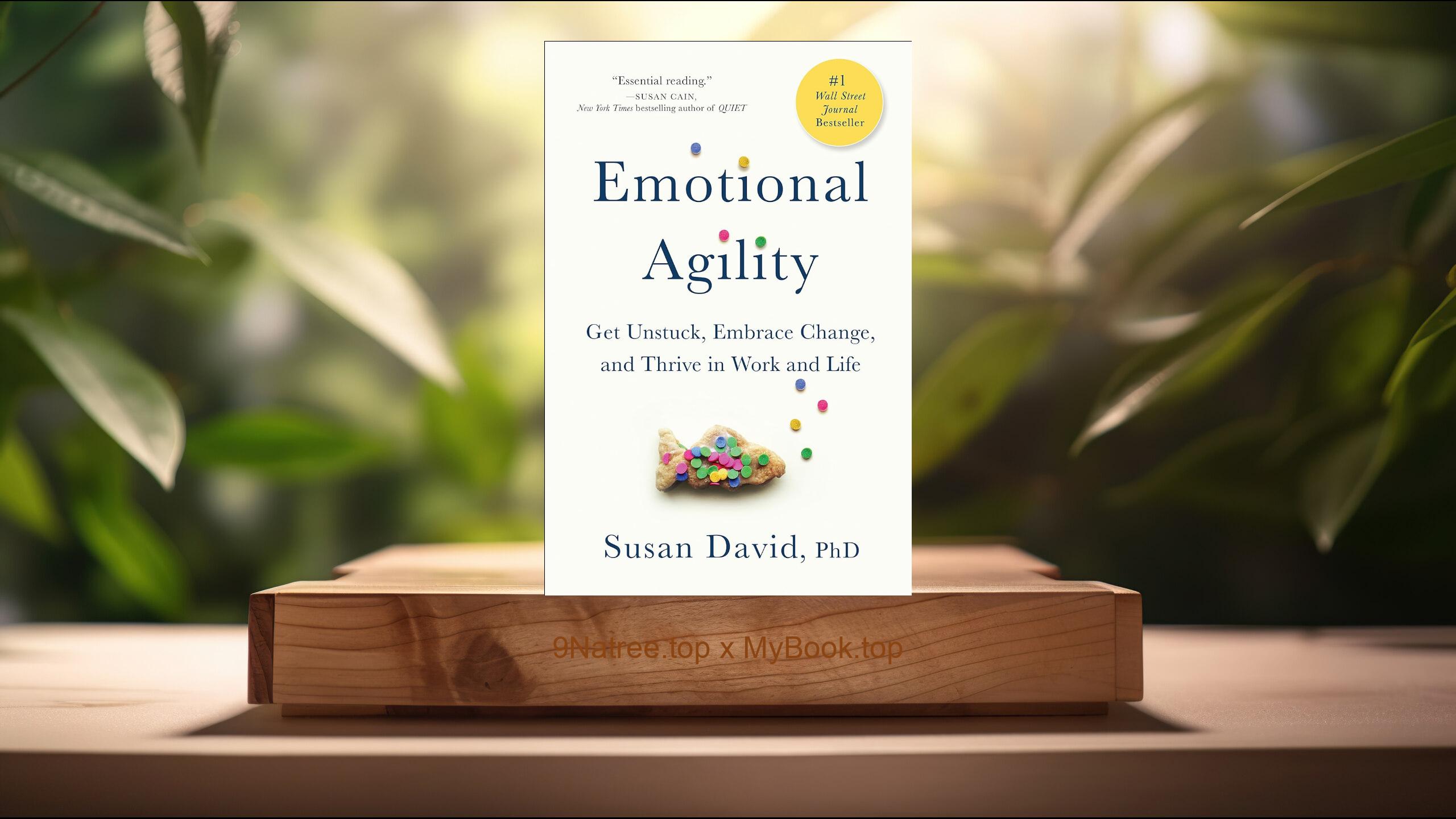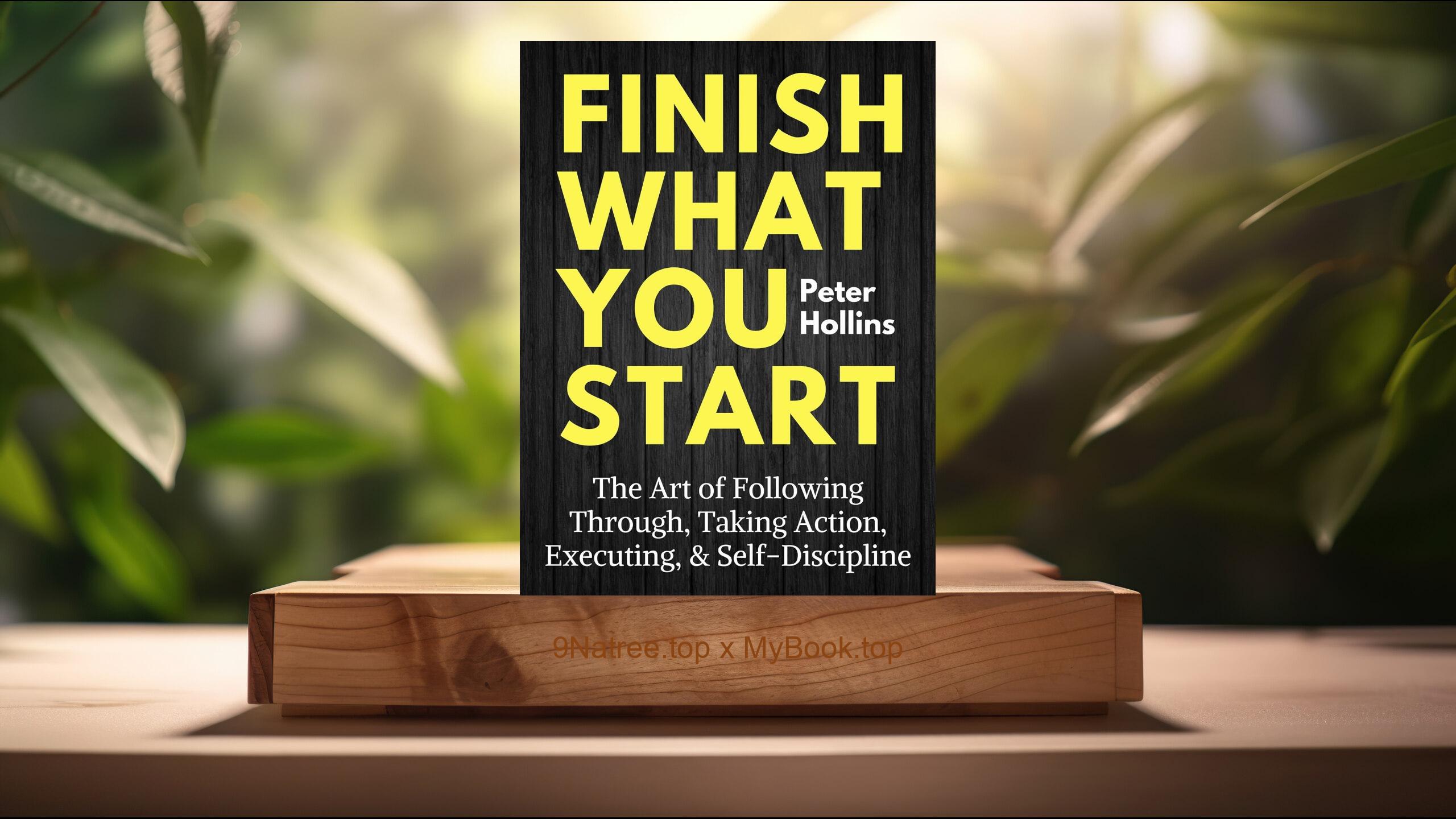Show Notes
Buy on Amazon: https://www.amazon.com/dp/B08SLFTWDL?tag=9natree-20
Read more: https://mybook.top/read/B08SLFTWDL/
#psychitecture #personaldevelopment #cognitivepsychology #mindfulness #philosophicalwisdom #emotionalregulation #mentalhabits #DesigningtheMind
These are takeaways from this book.
Firstly, The Foundation of Psychitecture, The first pivotal topic in ‘Designing the Mind’ introduces readers to the foundational principles of psychitecture. It explains the concept of mental design as the deliberate practice of shaping one’s thoughts, emotions, and behaviors to create a more desirable mental state. Highlighting the significance of self-awareness, the book demonstrates how recognizing and understanding our automatic mental processes is the first step towards altering them. Through engaging examples and practical applications, readers are guided on how to dismantle negative thought patterns and reconstruct their mindsets with purposeful, positive frameworks.
Secondly, Leveraging Cognitive Psychology, This portion of the book delves into cognitive psychology's insights into how the mind works, presenting it as a key tool for psychitecture. It draws upon cognitive biases, decision-making processes, and the mechanisms of habit formation to equip readers with the knowledge to hack their own psychology. The emphasis here is on understanding the mental shortcuts our brains take and learning to rewire these pathways in favor of more constructive and beneficial patterns, ultimately leading to better decision-making and a more fulfilled life.
Thirdly, Mindfulness and Emotional Regulation, ‘Designing the Mind’ offers a profound look into mindfulness and its pivotal role in mastering emotional regulation, a critical aspect of psychitecture. It addresses the necessity of being present and conscious of our current experiences to effectively manage our emotional responses. By cultivating mindfulness, readers learn to pause and observe their emotions rather than being controlled by them, enabling a more measured and thoughtful response to life’s challenges. This section equips readers with practical mindfulness exercises to enhance their emotional intelligence and resilience.
Fourthly, Adopting Philosophical Wisdom, Here, the book integrates timeless wisdom from ancient and modern philosophy to bolster its psychitecture framework. It explores how philosophical principles from Stoicism, Buddhism, and other traditions can be applied to modern life to foster inner peace and psychological strength. This topic demonstrates how adopting a philosophical attitude towards life’s adversities can transform challenges into opportunities for growth, empowering readers to lead more contented and meaningful lives.
Lastly, Actionable Strategies for Psychitecture, The final key topic of ‘Designing the Mind’ focuses on actionable strategies that readers can implement to practice psychitecture in their daily lives. It provides a step-by-step guide for developing mental habits that align with one’s values and goals. From setting intentions and practicing gratitude to reframing failures as learning opportunities, this section offers a toolbox of methods for readers to design a mind that actively contributes to their overall well-being and success.
In conclusion, ‘Designing the Mind: The Principles of Psychitecture’ is a must-read for anyone interested in personal development, psychology, or philosophy. It presents an innovative and practical approach to understanding and shaping one’s mental processes for a better life. By integrating insights from cognitive psychology, mindfulness, and philosophical wisdom, this book equips readers with the tools to construct a resilient, purposeful, and happy mind. Whether you're a seasoned practitioner of self-improvement or new to the concept of psychitecture, this book promises valuable perspectives and techniques that can benefit anyone looking to enhance their mental well-being and navigate life’s complexities with greater ease.
![[Review] Designing the Mind: The Principles of Psychitecture (Designing the Mind) Summarized](https://episodes.castos.com/660078c6833215-59505987/images/1731020/c1a-085k3-wng436vghdzd-0pag5f.jpg)




